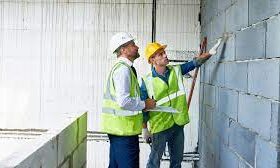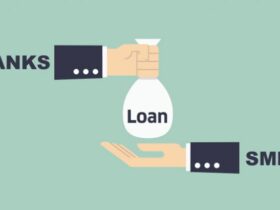If you want to start your own podcast show, you’ll need an appropriate audio recording studio. There are several types of equipment you can use, including microphones and soundproofing. In this article, we’ll discuss some of the most important types of audio equipment, including office equipment, microphones, and soundproofing. If you’re just starting out, you might not even know where to begin. Read on for some tips to help you create your own podcast studio.
Soundproofing
Ideally, you should set up your podcast studio in a room where there is little noise. If possible, choose a place with thick walls to avoid any external noise. If the studio is not located in a good location, it may be worth building a small soundproof booth. The following tips should help you achieve this goal. Remember, though, that you should be creative about the design of your podcast studio. The right combination of decor and soundproofing can make all the difference!
When building a home podcast studio, soundproofing walls may be a costly option. Professional studios have walls, ceiling, and floor that are soundproofed, and it is important to consider the density of the material in both the walls and ceiling to achieve the best results. Soundproofing is an important part of creating a great podcast studio, but it’s not necessary for every podcaster’s space. A few things you can do to ensure the best audio quality in your podcast studio are listed below:
Acoustic treatment
A good microphone and recording software are essential for any good podcast studio, but one of the biggest mistakes beginners make is failing to invest in acoustic treatment. Even if your podcast studio is a large room, you need to be mindful of reverberation. You may be tempted to put up some DIY acoustic treatment, but this will only look unprofessional and irritate your roommates. Acoustic treatment for podcast studios is a relatively cheap solution.
There are three principles of acoustic treatment: absorption, diffusion, and soundproofing. Diffusion focuses on placing different types of surfaces near the sound source, which produce distinct reflections and bounce noise. These materials break up the sound waves and send them elsewhere, reducing unwanted background noise by up to 80 percent. However, if you’re unable to get rid of all the reverberation in your podcast studio, you can also invest in sound panels to enhance the quality of your audio recordings.
Microphones
There are many different microphones available for podcasting, and polar patterns play a major role in sound quality. The type of microphone you use can make or break the quality of your podcast, so it is important to choose one that works well for your particular needs. Microphones are best suited to recording sound from close to the subject. Here are a few tips for choosing a microphone for your podcast. In addition, consider the price of your microphone and the size of your studio before buying one.
For beginners, you can opt for a USB microphone. It is convenient to plug into any computer, and it will be inexpensive to start. USB microphones are not ideal for recording a guest in a distant location. If you have multiple guests or hosts for your podcast, USB microphones are the best option. However, you can’t customize the sound quality with a USB microphone. It will also be difficult to connect multiple USB microphones to your audio interface, and it can cause you a great deal of stress in the long run.
Office equipment
One of the most important pieces of podcasting equipment is a good pair of headphones. Good headphones will cancel out background noise and allow you to focus solely on the audio. They will also help you detect problems like noise levels or changes. Regardless of your level of expertise, a good pair of headphones will be indispensable in your podcasting studio. You can find a good pair of headphones on Amazon. If you don’t need a good pair of headphones, you can buy a cheap one.
Before choosing your podcast studio equipment, consider how much money you can afford to spend. If you’re just starting out, it’s best to get the basic essentials first, and gradually upgrade as you go. You can also use a work from home setup to host your content. However, if you’re already an experienced podcaster, you can upgrade your equipment as you go. To get the best out of your podcasting studio, choose a high-quality hosting site.








